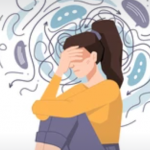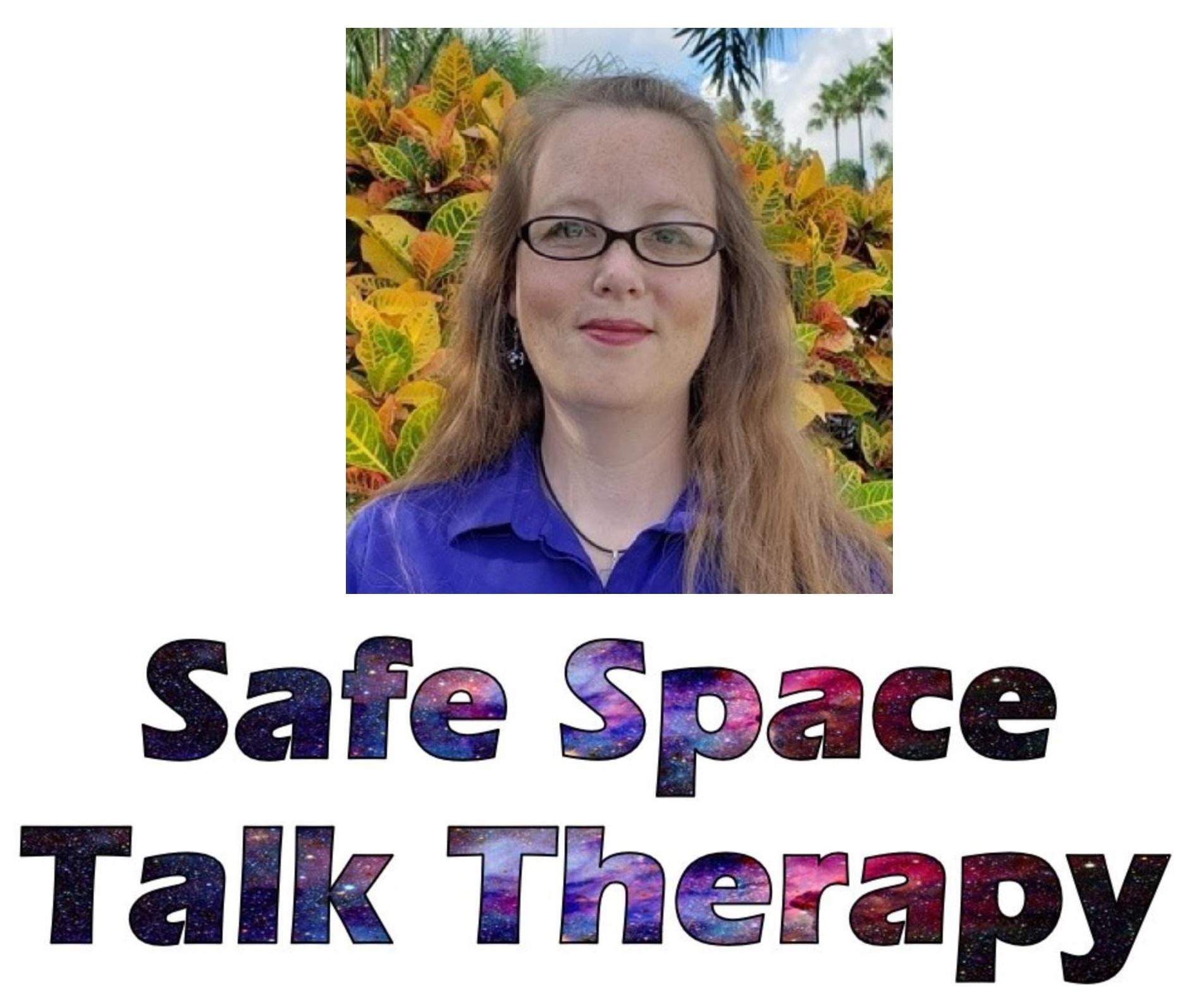
Types of Anxiety
All About Anxiety and Treatment
The prevalence of anxiety disorders is very high in both children and adults in the US. Anxiety disorders impact more than 40 million American adults or approximately 18.1percent of the population, making it the most prevalent mental health disease.
Sadly, more than 63 percent of people who suffer from anxiety disorder do not seek professional treatment. Unfortunately, persons who grapple with anxiety disorders are six times more likely to be hospitalized for mental disorders than those who do not grapple with these conditions.
What is anxiety?
Anxiety is not necessarily a bad feeling. It is our body’s response to danger to our well-being. When you are under stress, being anxious is quite natural and will happen from time to time.
However, if the feelings of worry and dread don’t go away when you are no longer in danger, the chances are you are suffering from an anxiety disorder. Whether you are experiencing panic attacks, persistent fears, obsessive thoughts, or an incapacitating phobia, it is critical to understand that you do not have to continue living in fear and dread. Anxiety disorders are treatable with quality mental health.
The symptoms of anxiety disorder
Some symptoms of anxiety may include:
- a constant sense of nervousness, panicky, or being on edge
- excessive feelings of dread or fear
- the sensation of being out of control
- insomnia
- lethargy or feeling exhausted
- a very rapid heartbeat
- dry-mouth
- Inability to concentrate
- shaky or unsteady
- feeling light-headed
- pains in the stomach, or diarrhea
- excess perspiration
- getting extremely hot
Types of anxiety disorders
Anxiety disorders may be grouped into many different categories, including:
Generalized Anxiety Disorder—GAD
GAD is a type of anxiety characterized by persistent worry, intense fear, and excessive tension, even when nothing provokes it.
Obsessive-Compulsive Disorder—OCD
OCD is an anxiety disorder whose characteristics include recurring, intense emotions (obsessions) and repeated actions (compulsions). A person grappling with OCD will typically perform repetitive activities such as bathing, hand washing, gardening, counting, or checking to avoid or minimize obsessive thoughts and anxious feelings.
However, completing these so-called “rituals” offers only short comfort, and failing to do them increases anxiety.
Social phobia
If you have social phobia, you’ll typically be frightened of being judged or assessed poorly by others. This can make you afraid of doing anything that can embarrass you in public. Things like public speaking, attending a party, using public toilets, and eating and drinking in public may all trigger significant anxiety in some people.
Panic Disorder—PD
Panic Disorder is an anxiety condition marked by sudden and recurrent episodes of extreme terror, accompanied by discomforting physical symptoms such as chest pain, increased heart rate, difficulty breathing, confusion, or stomach trouble. A panic disorder may make you feel like you are experiencing a heart attack or choking.
Agoraphobia
Agoraphobia is often experienced as a result of panic episodes. A person with agoraphobia is usually terrified of having a panic attack (or of anything terrible happening) in a particular location—typically outside someone’s house where they’re unlikely to get help.
Phobias
Phobias are characterized by an illogical, overpowering, and unreasonable fear of specific locations, circumstances, or items. Some of the most prevalent phobias include:
- fear of flying (aerophobia)
- fear of tight spaces (claustrophobia)
- fear of heights (acrophobia)
- fear of blood (hemophobia)
- fear of needles (trypanophobia)
- fear of water (hydrophobia)
Why Should You Consult a mental health specialist about your Anxiety?
Seek medical advice if you’re having persistent anxiety symptoms, as this condition can hurt all aspects of your life.
Anxiety can harm your physical health.
Anxiety can, on some occasions, create more mental anguish than physical symptoms. If you’re battling an anxiety disorder, though, you will most certainly experience physical symptoms that drain your energy and make it difficult to function normally. Sleeping problems, unusual muscle aches, and gastrointestinal issues are all possible symptoms.
Anxiety can affect more than one aspect of your life.
Generalized anxiety disorder, for example, can cause excessive worry about a wide range of life aspects, such as your profession, academic performance, and interpersonal relationships. You can be so worried about everyday life events like work responsibilities, your physical and mental health, and your family’s income that your entire life comes to a halt.
If not addressed, anxiety symptoms might last for months.
Typically, generalized anxiety disorder (GAD) is a long-term mental condition. This illness often appears on more days than not and can last even longer than six months. Expert help is often the only way out of this condition.
Anxiety symptoms can seriously interfere with your day-to-day activities
The extent to which anxiety problems affect your daily life is essential in diagnosing an anxiety disorder. Anxiety typically involves feelings of dread and tension that can cause clinically significant suffering, affecting your day-to-day functioning.
When should you consult a mental health professional / psychologist ?
Because anxiety is linked to various medical disorders, it’s always best to discuss it with a qualified therapist.
You do not have to experience all the earlier stated symptoms of anxiety to talk about them. Please don’t wait until your current symptoms get worse or new ones to appear before doing so. Today is an excellent opportunity to discuss anxiety disorder with a medical practitioner concerned about your health. Prevention is always helpful in both mental and physical health.
What is the best treatment for anxiety?
Anxiety may seem overpowering, but there are treatments available to help you feel better. The most often used treatment methods include:
Psychotherapy and counseling
Psychotherapy, often known as talk therapy, deals with mental health problems such as anxiety and depression through talking about the issue. Psychotherapy options suited explicitly for anxiety treatment include:
- CBT (cognitive-behavioral therapy)
- Mindfulness-based therapy
- ET (Exposure therapy)
- Interpersonal therapy
- ACT (acceptance and commitment therapy
- psychodynamic therapy
Lifestyle changes
Complementary treatments and lifestyle changes for anxiety treatment include:
- relaxation techniques
- building self-esteem
- deep inhalation
- regular physical exercise
- meditation and mindfulness
- acupuncture therapy
- good sleep practices
- adoption of healthy lifestyle habits. Don’t use drugs or alcohol to cope.
Note – Anxiety disorder are sometimes caused by prescription medicine use (or misuse) or an underlying medical health problem. You may not be diagnosed with an anxiety condition if this is the case. Rather, your therapist can work with you to address the underlying ailment that is causing your worry.
The bottom line – Mental Health Anxiety Treatments
You may feel anxious or nervous because your body’s natural fight-or-flight response is activated. Anxiety isn’t always a negative thing when it is used appropriately. Staying awake and focused, solving difficulties, and being motivated are all benefits that you may get from it. However, when your worries and fears are persistent or pervasive and interfere with your work, schooling, sleep, and even relationships, it is vital to get professional help.


